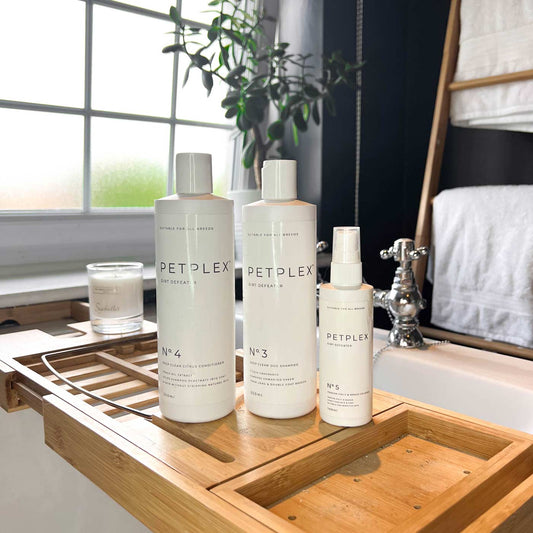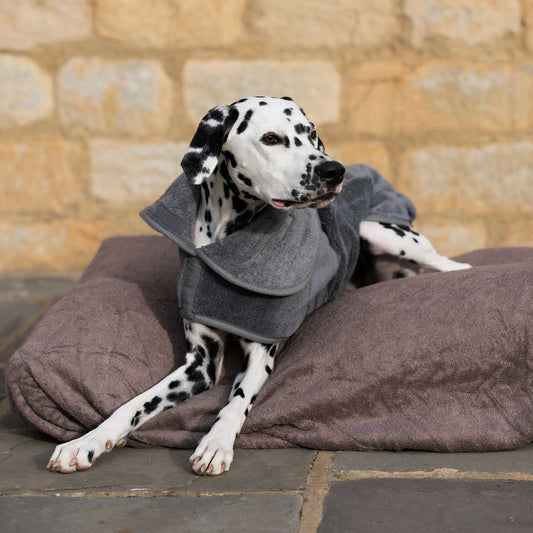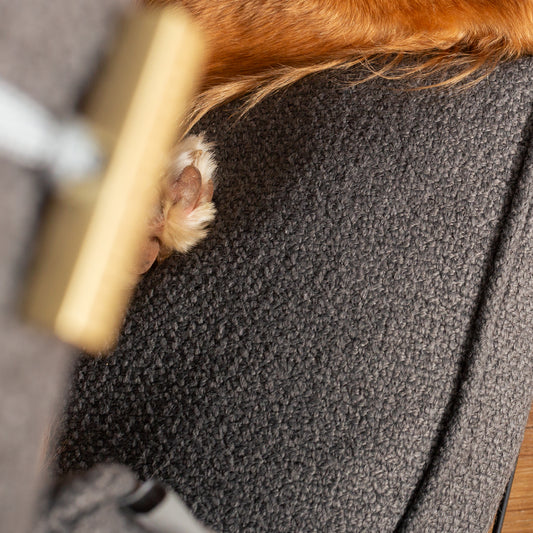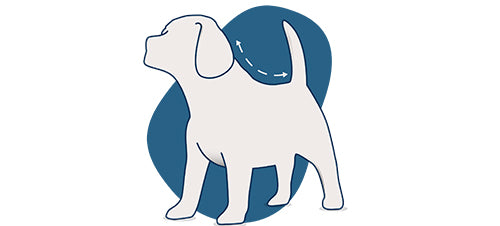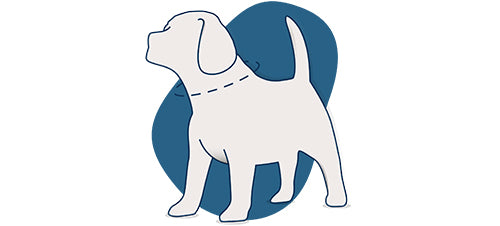As much as we love our furry companions, there’s one thing no dog owner enjoys—unpleasant odours. Whether you’re dealing with a persistently smelly dog or wondering, "Why does my puppy smell?" this guide will help you identify the causes and provide expert tips on how to get rid of those odours effectively. Understanding the reasons behind the smells and knowing the best solutions will ensure your dog remains fresh and clean, making cuddle time more enjoyable for both of you.
Why Does My Dog Smell? Common Causes of Odours
Before diving into solutions, it’s important to understand why your dog might be smelling in the first place. There are several reasons why your dog might have an unpleasant odour, ranging from harmless to potentially serious health concerns.
- Natural Oils and Sebum: Dogs naturally produce oils from their skin, known as sebum, which helps to keep their coat healthy and shiny. However, these oils can sometimes accumulate, especially if your dog hasn’t been bathed recently, leading to a musty smell. Some dog breeds produce more oils than others, and dogs with oily coats are more prone to developing an odour if not groomed regularly.
- Ear Infections: One of the most common reasons for a bad smell in dogs is an ear infection. Ear infections can develop when moisture and bacteria accumulate in your dog’s ears, often due to inadequate drying after baths or swimming, or as a result of allergies. The odour from an ear infection is usually strong and distinct, often described as a yeasty or foul smell. If you suspect an ear infection, it’s essential to visit your veterinarian for proper treatment.
- Dental Issues: Bad breath, is another source of unpleasant odours in dogs. Poor dental hygiene can lead to the buildup of plaque and tartar, which can cause gum disease and bad breath. In some cases, bad breath can also be a sign of more serious internal issues, such as gastrointestinal problems or kidney disease. Regular dental care is crucial to prevent these problems and keep your dog’s breath fresh.
- Skin Conditions: Skin infections, allergies, and conditions can cause your dog’s skin to produce a foul odour. These conditions often lead to excessive scratching, redness, and a greasy or flaky coat. If your dog’s skin appears irritated or you notice an unusual smell, consult your vet to rule out any underlying health issues.
- Anal Gland Problems: Dogs have anal glands that secrete a smelly substance, usually when they defecate. However, if these glands become impacted or infected, they can produce a strong, unpleasant odour that lingers. Dogs with anal gland issues may scoot their rear end on the ground or lick excessively in the area. Veterinary intervention is often required to express the glands or treat an infection.
- Diet: Your dog’s diet can significantly impact their overall odour. Poor-quality food or food intolerances can lead to digestive issues, resulting in gas and bad breath. A balanced diet with high-quality ingredients not only promotes good health but can also reduce unpleasant smells.
- Environmental Factors: Sometimes, your dog’s smell is simply due to something they’ve rolled in or come into contact with, such as mud, garbage, or a skunk. Dogs love to explore with their noses and bodies, which can lead to some unfortunate odours.

How to Get Rid of Smells on Your Dog: Effective Solutions
Now that you understand the possible causes of your dog’s smell, let’s explore the best ways to eliminate those odours and keep your dog smelling fresh.
- Regular Bathing: One of the most straightforward ways to keep your dog smelling pleasant is through regular bathing. Use a high-quality dog shampoo that’s suited to your dog’s coat type. Avoid over-bathing, as this can strip your dog’s skin of natural oils and lead to dryness or irritation. Generally, bathing your dog once every 4-6 weeks is sufficient, but you may need to adjust this based on your dog’s activity level and breed. For dogs with sensitive skin or allergies, opt for a hypoallergenic or medicated shampoo. Always ensure thorough rinsing to prevent shampoo residue, which can cause itching and odour.
- Proper Ear Care: To prevent ear infections, regularly clean your dog’s ears with a vet-recommended ear cleaner. Be gentle and avoid inserting anything deep into the ear canal. After swimming or baths, dry your dog’s ears thoroughly to prevent moisture buildup. If your dog is prone to ear infections, your vet may recommend specific ear drops or a routine cleaning schedule to keep the infections at bay.
- Dental Hygiene: Good dental care is crucial for preventing bad breath and other health issues. Brush your dog’s teeth regularly using a dog-specific toothbrush and toothpaste. Dental chews, water additives, and a healthy diet can also help maintain oral hygiene between brushings. If your dog already has significant plaque buildup, a professional dental cleaning by your vet may be necessary. Regular vet check-ups will help catch any dental issues early.
- Grooming and Skin Care: Regular grooming helps to manage your dog’s natural oils and prevents the buildup of dirt and debris in their coat. Brushing your dog’s coat not only removes loose hair and dirt but also helps distribute natural oils, reducing the chance of odours. For dogs with skin conditions, your vet may recommend a medicated shampoo or a specific grooming regimen to manage symptoms and keep odours under control.
- Anal Gland Maintenance: If your dog has recurring issues with their anal glands, your vet can show you how to express them at home, or you can schedule regular appointments to have them done by a professional. Proper diet and regular exercise can also help prevent anal gland problems.
- Dietary Adjustments: If your dog’s odour is related to their diet, consider switching to a higher-quality dog food with natural ingredients. Avoid foods with artificial additives, fillers, and low-quality proteins. Some dogs may benefit from a diet specifically designed to support skin and coat health, which can also reduce odours.
- Keep Your Dog’s Environment Clean: Ensure your dog’s bedding, toys, and living spaces are cleaned regularly. Wash bedding frequently to remove dirt, oils, and bacteria that can contribute to odour. If your dog spends time outdoors, consider wiping them down with a damp cloth before they come inside to remove any debris or potential odour-causing substances. You can also opt for a Bamboo Drying Cushion Cover to keep their bedding fresh & easy to clean.
When to See the Vet
If your dog’s odour persists despite regular grooming and care, it’s time to consult your veterinarian. Chronic or strong odours can indicate underlying health issues that require professional treatment. Your vet can perform a thorough examination and recommend appropriate treatments or lifestyle changes to help eliminate the odour.
Dealing with dog odours can be frustrating, but with the right approach, you can keep your furry friend smelling fresh and clean. Regular grooming, proper dental care, and attention to your dog’s diet and environment are key to managing and preventing unpleasant smells. Remember, a healthy dog is a happy dog, and taking steps to care for their hygiene will ensure they remain a joy to have around.
At Lords & Labradors, we offer a wide range of luxury grooming products designed to keep your dog looking and smelling their best. From shampoos and ear cleaners to dental care essentials, we have everything you need to maintain your dog’s hygiene.

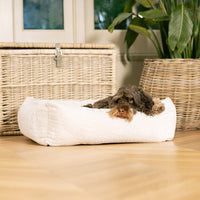

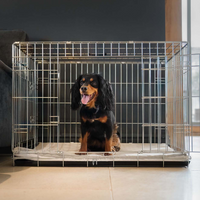



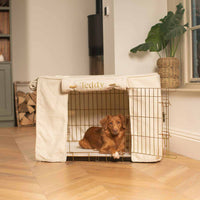
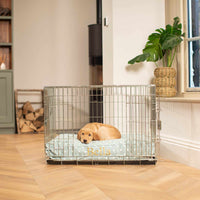
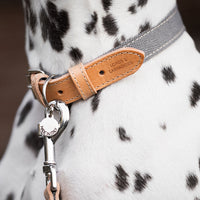

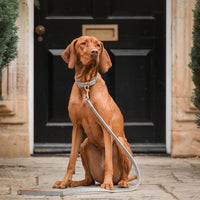

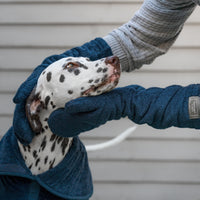

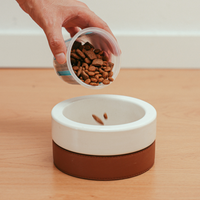
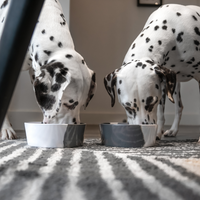
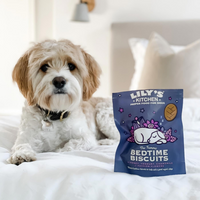


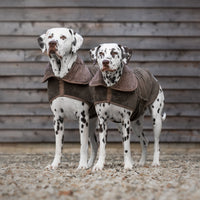
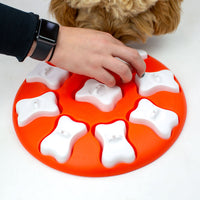



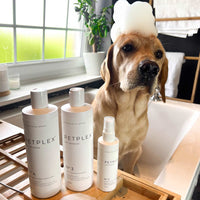

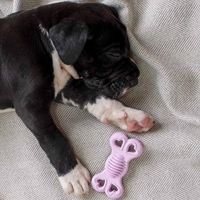
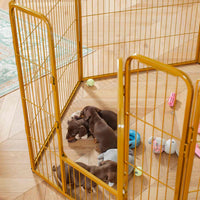



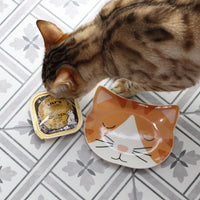
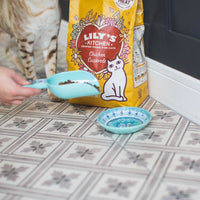
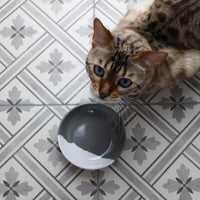






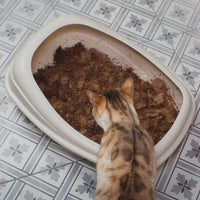
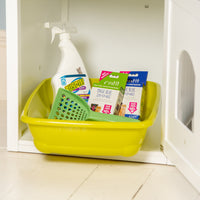


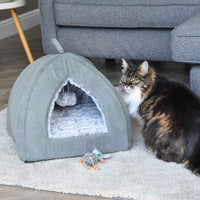








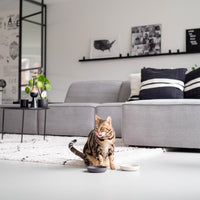
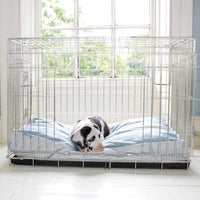

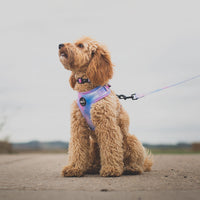


.jpg?v=1724341384490&options=)



